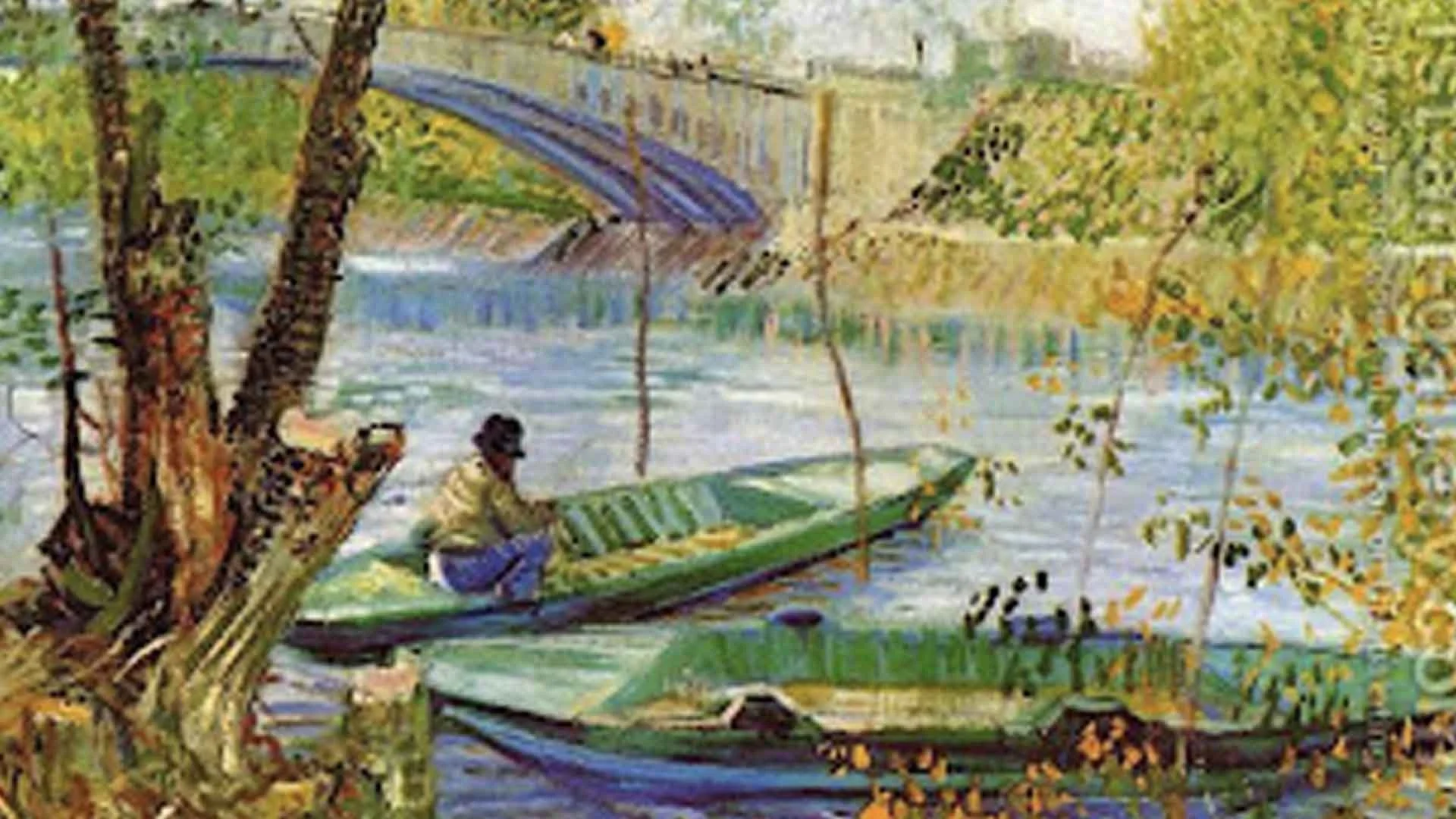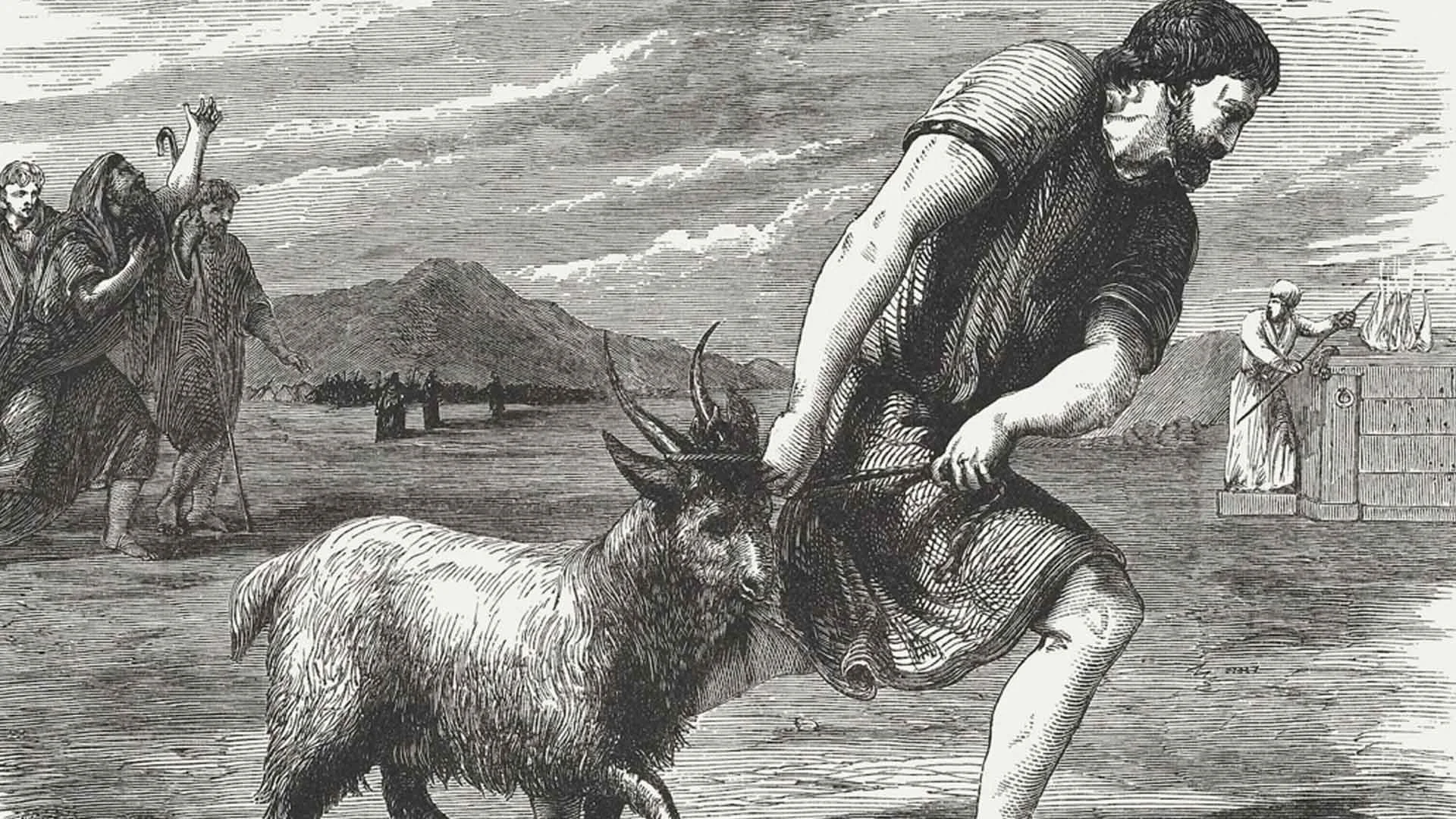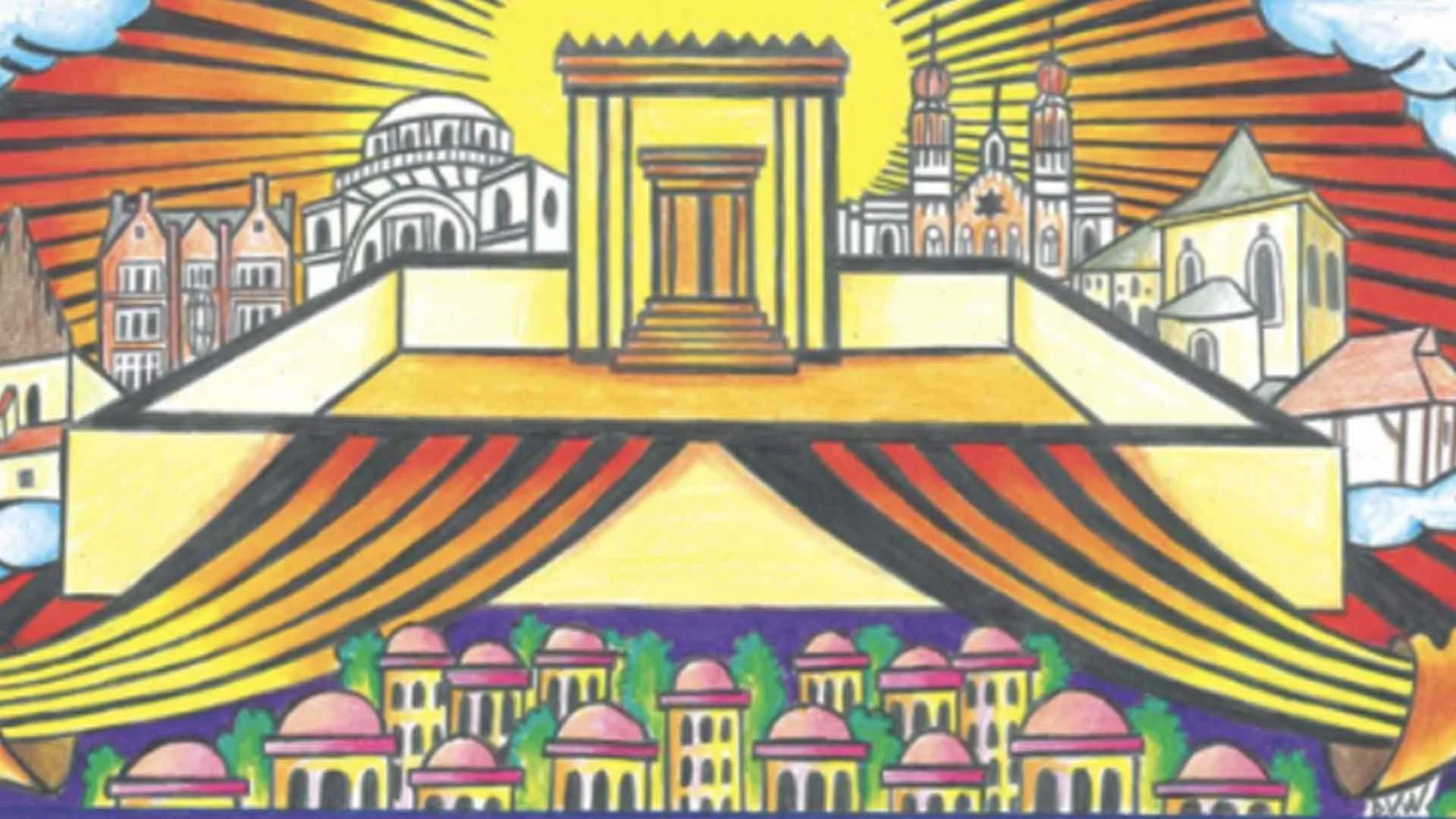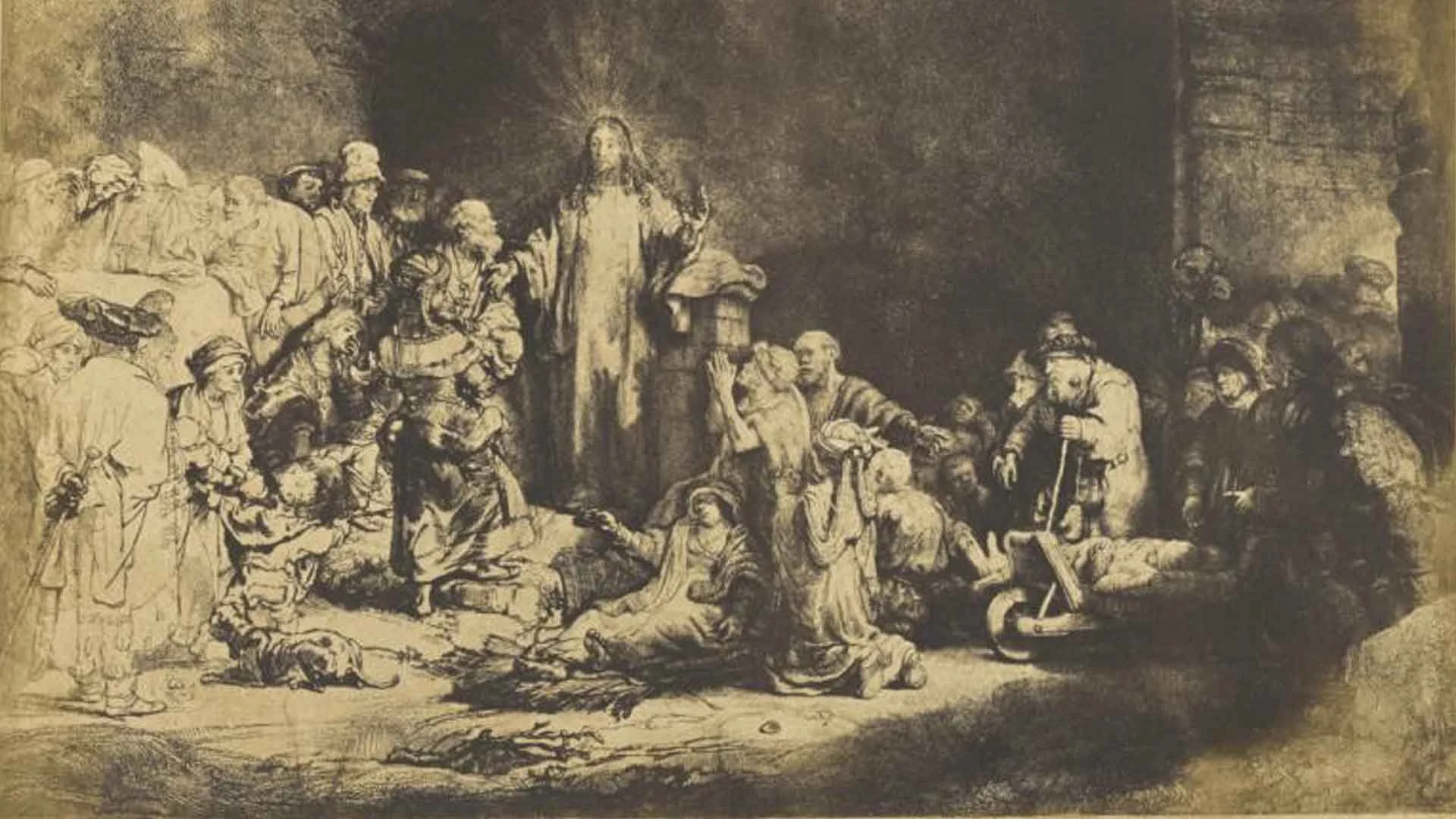For the source text click/tap here: Zevachim 8
To download, click/tap here: PDF
The Gemara discusses the source for the law that a Korban Pesach slaughtered at any time other than Erev Pesach is a valid Korban Shelamim, as long as it was not slaughtered with intent that it serve as a Korban Pesach. The Gemara at one stage suggests that this law is derived from the verse, "If his Korban, for a Zevach Shelamim to Hash-m, is from the flock..." (Vayikra 3:6). Using the method of "Klal u'Frat u'Chlal," the words "l'Zevach" and "la'Hashem" are general terms, and the word "Shelamim" is a specific term. Accordingly, the verse teaches that just as a Korban Pesach which was slaughtered to be a Shelamim is a valid Korban, it is a valid Korban if it is slaughtered with intent to be any other type of Korban, with one exception. The only time it should not be valid is when it was slaughtered, on any day other than Erev Pesach, with intent that it be a Korban Pesach.
The Gemara asks that if a law is being derived from the "Prat," then the law should be that only if the Pesach is slaughtered in the name of a Korban which can be offered voluntarily is it a valid Korban, but not if it is slaughtered in the name of a Chatas or Asham (which cannot be offered voluntarily). The Gemara answers that the word "l'Zevach" is a "Ribuy" (inclusive). How does this answer the Gemara's question?
We explore rule of klal ufrat as one of the 13 middot she HaTorah nidreshet.




















